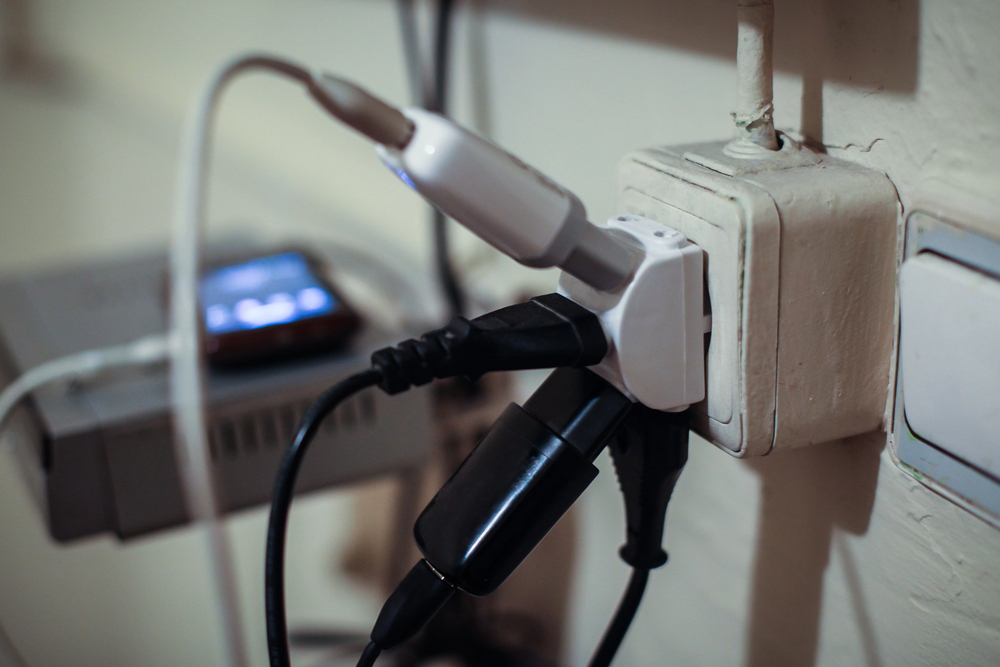
Certain home shortcuts aren’t just dangerous they’re downright lethal. One of the worst culprits? Using the wrong appliances on extension cords. While it may be an innocent-looking shortcut to compensate for few outlets, some appliances will overload cords, overheat circuits, and even ignite fires.
Electric safety professionals, such as Paul Martinez of Electrified NYC, have one hard and fast rule: appliances that continuously operate or produce heat need to be plugged in directly into a wall socket. And it’s not merely a matter of preventing a fuse from blowing abusing extension cords can lead to significant damage to your home and cost lives.
From kitchen appliances to climate control systems, here’s a rundown of the household products that should never encounter an extension cord and why avoiding the shortcut may prevent you from making an expensive error.
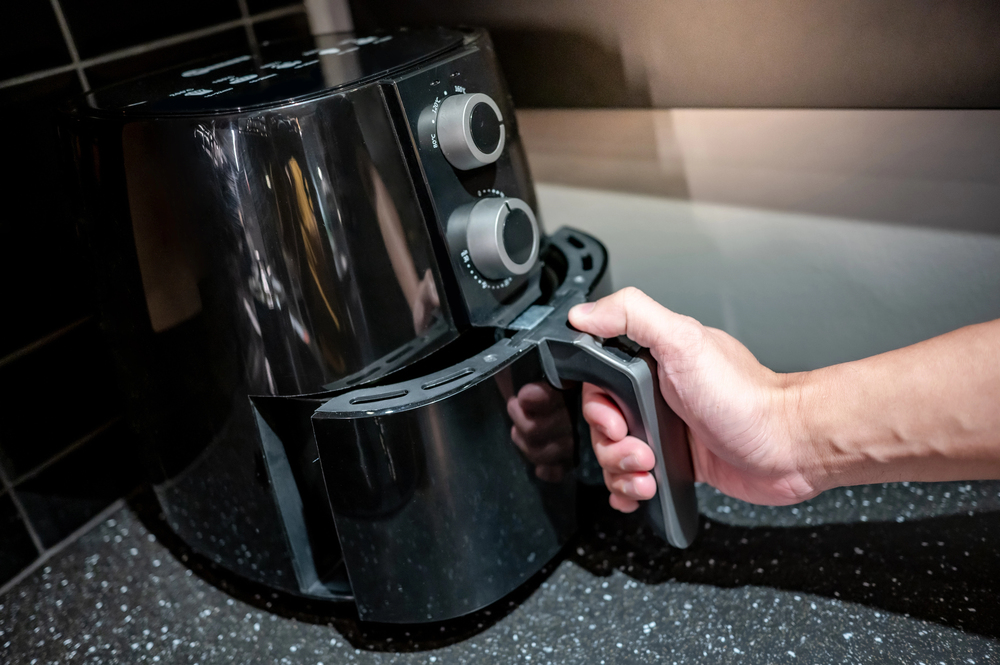
1. Air Fryers
Air fryers may be compact, but they pack a serious electrical punch. Larger models can draw up to 2,000 watts, which is more than most household extension cords can safely handle. This high wattage can cause cords to overheat, melt, and potentially ignite.
Martinez recommends plugging air fryers straight into a dedicated wall outlet whenever. Even when counter space is limited, keeping the appliance stored when not in use and only retrieving it when needed is much safer than taking chances with a fire. The moral of the story: size does not matter small appliances can be high-power risks.
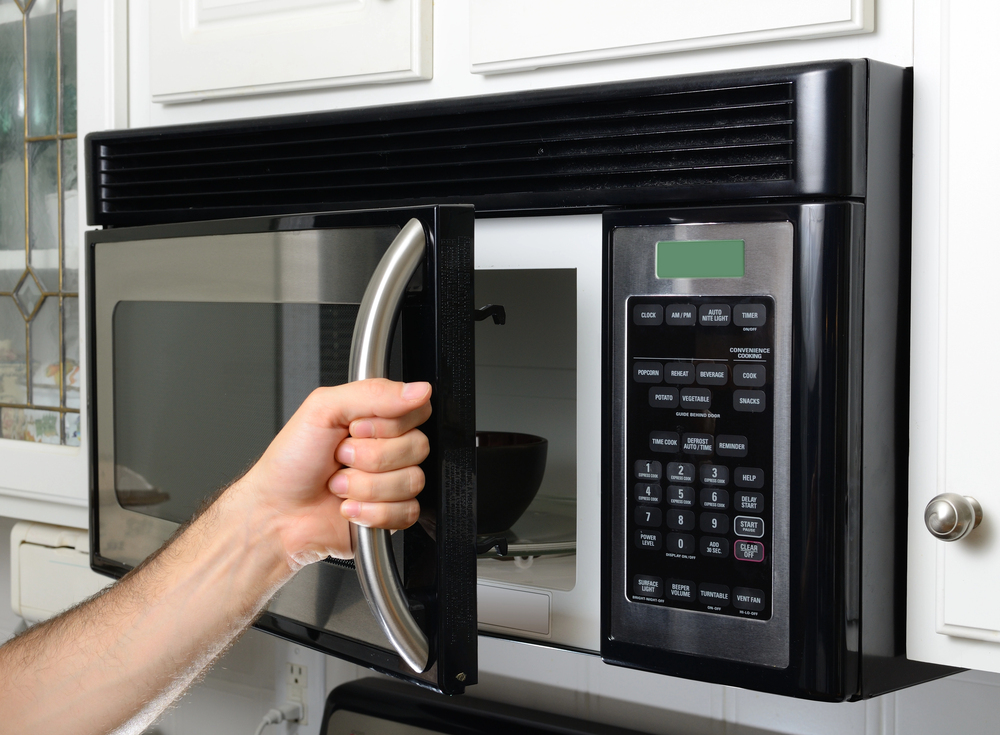
2. Microwaves
Countertop microwaves are also high-wattage offenders, usually needing 800–1,000 watts or more. Even brief periods of use can overload an extension cord, particularly if other appliances are on the same circuit.
Built-in models are typically on their own individual line, but portable models should be the same way. Martinez emphasizes heavy-duty appliances need dedicated circuits, not shared with other electricity-sucking appliances. This guarantees both performance and safety.
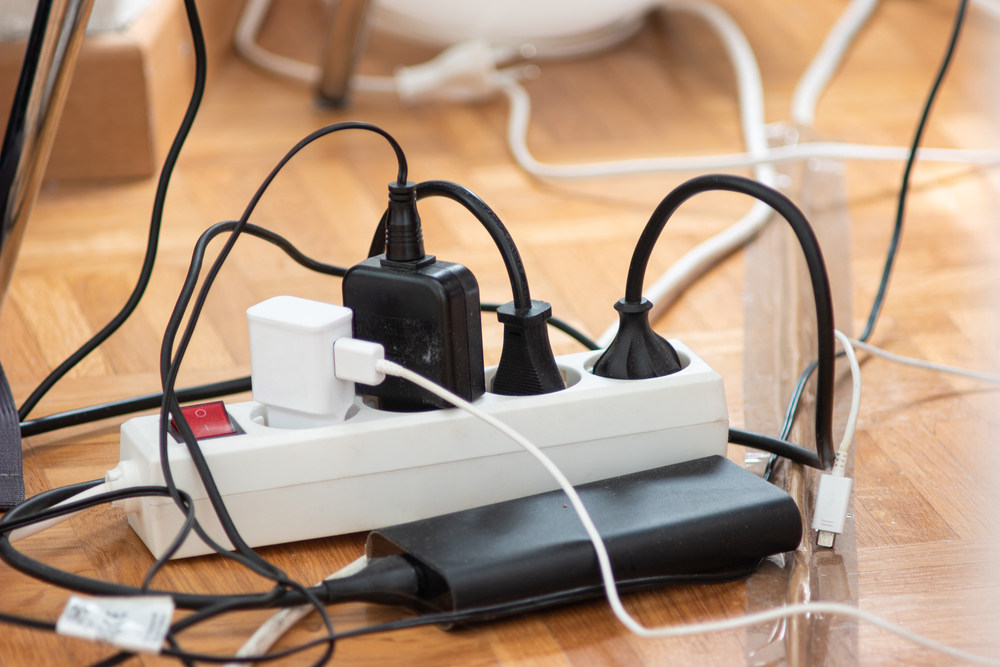
3. Daisy-Chained Extension Cords
Connecting one extension cord to another referred to as daisy chaining is a significant fire hazard. It raises electrical resistance, results in voltage drops, and can rapidly overheat the entire ensemble.
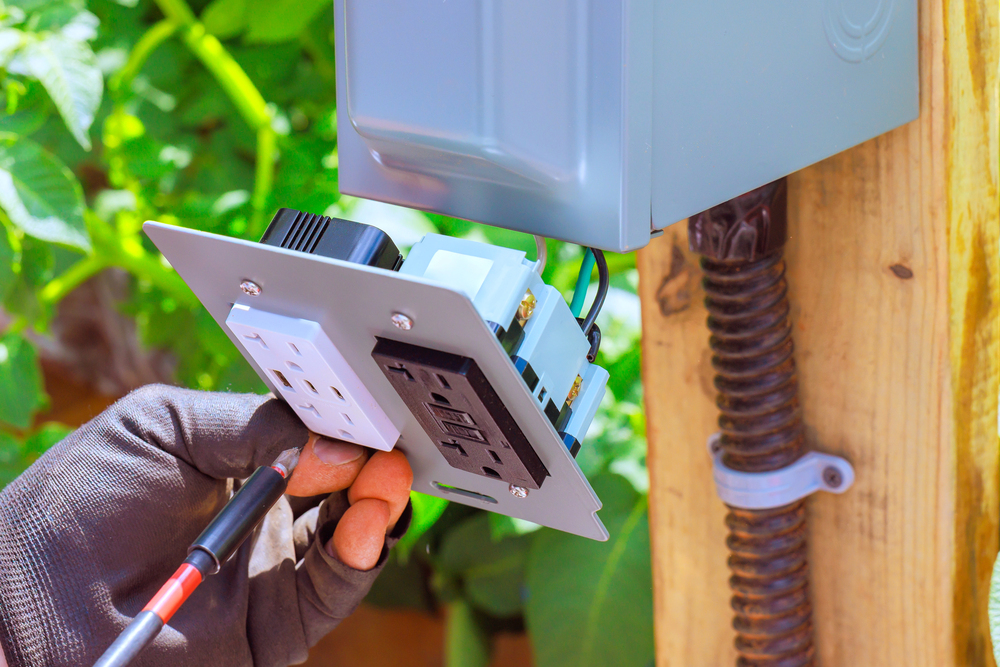
OSHA and the NFPA state that daisy chaining is against several safety codes. Rather than using cords in tandem, use a single, correctly rated cord or have more outlets added. It’s an easy solution that removes a hazardous threat.
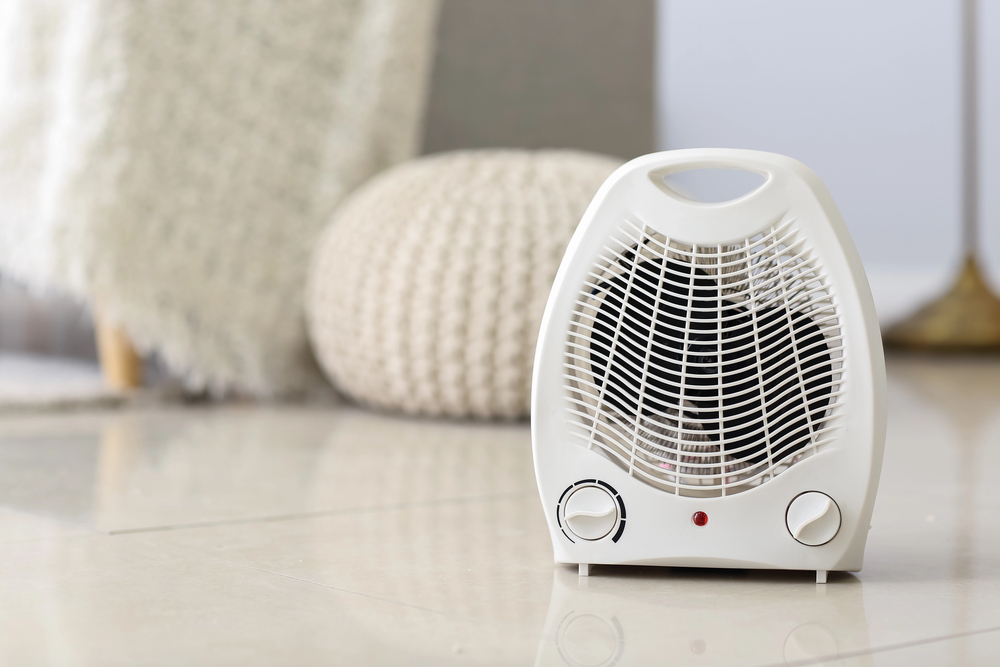
4. Space Heaters
Space heaters are infamous fire igniters. The Consumer Product Safety Commission lists them as causing approximately 1,700 annual fires between the years 2017 and 2019. They pull approximately 1,500 watts and will melt an extension cord’s insulation very easily.
Martinez cautions that plugging a heater into a cord or power strip is inviting disaster: “The plug melts and it starts a fire.” Always plug heaters directly into a wall outlet, make sure they are away from flammable things, and never leave them alone.
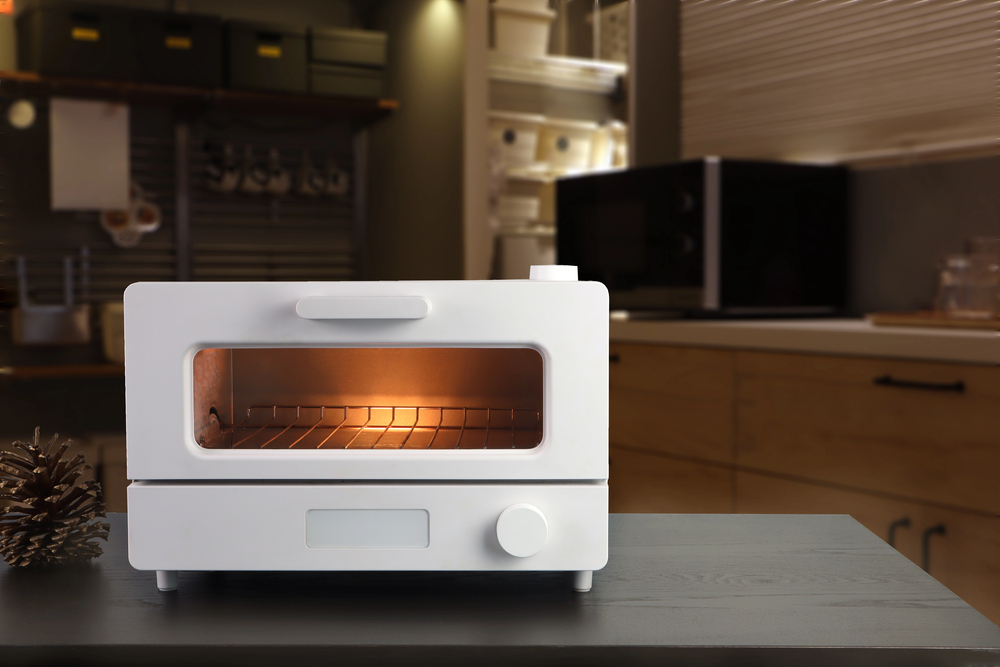
5. Toasters and Toaster Ovens
Small as they are, toasters and toaster ovens are energy-hungry appliances. Typical toaster ovens draw 1,200–1,400 watts, more than enough to overload a typical 14-gauge extension cord.
Martinez indicates that 15-amp (1,800-watt) cords might still overheat if the appliance’s heating element is at high power for a long time. The best bet? Leave these breakfast essentials plugged directly into the kitchen outlet and don’t share the circuit with other heavy-duty devices.
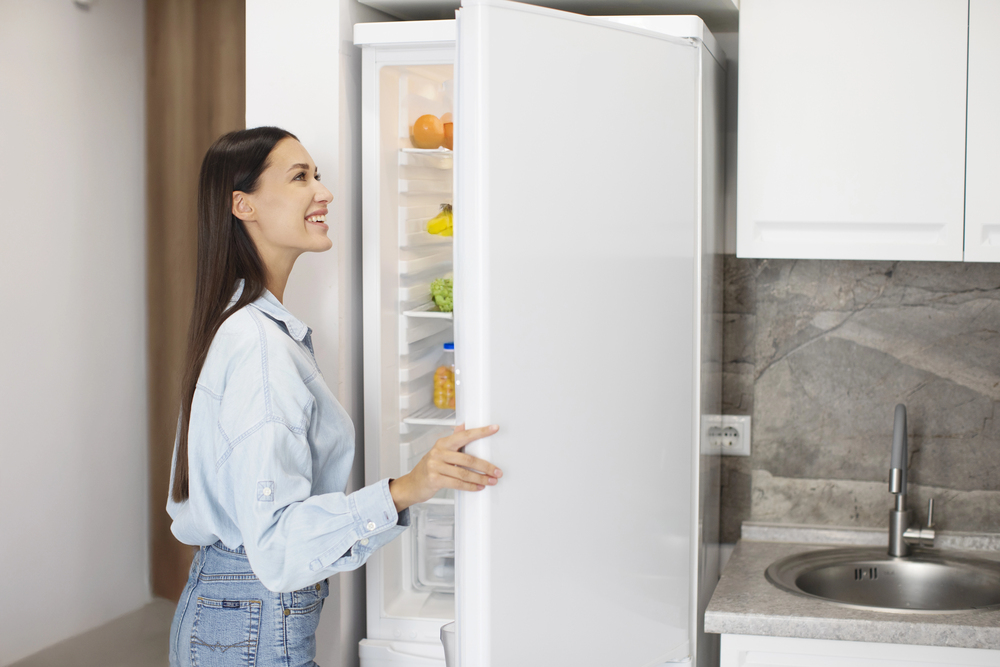
6. Refrigerators
Refrigerators look low-risk at 300–800 watts, but continuous use makes them not a good choice for extension cords. Even if a cord never overheat, the plug can create voltage fluctuations that interfere with the performance of the compressor.
Eventually, this will shorten the life of the appliance or result in expensive breakdowns. For such an important household appliance, a direct wall outlet is the only safe option.
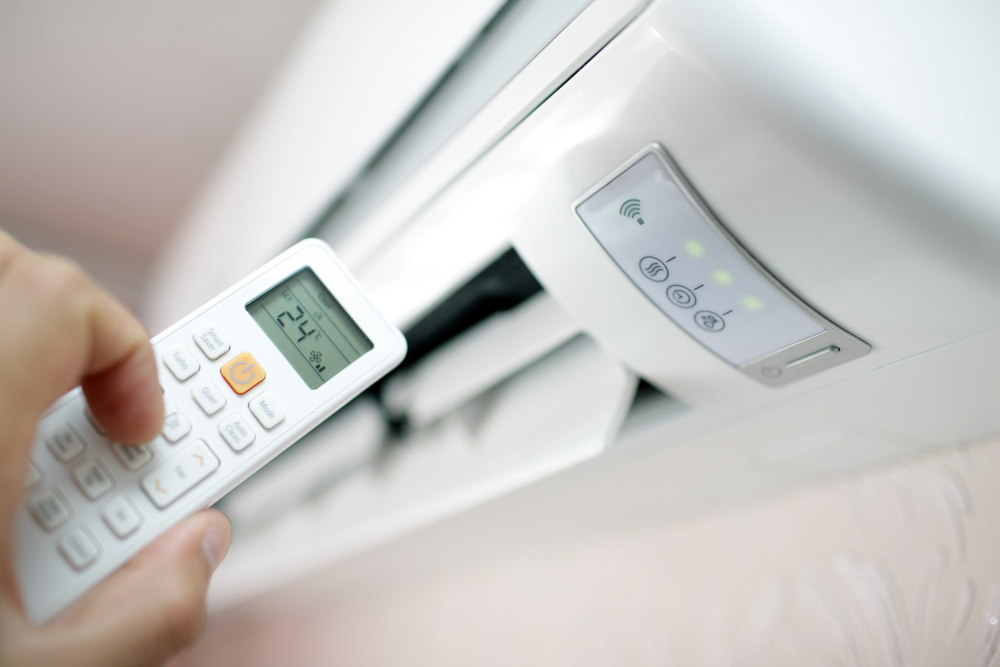
7. Air Conditioning Units
AC units are among the most power-hungry appliances in the home, with some models consuming up to 2,000 watts. Martinez notes that undersized units are especially risky they run constantly, forcing the compressor to work harder and increasing the chance of overheating an extension cord.
In addition to safety, plug directly into the wall and you can be sure your AC is operating at efficiency, cooling your home without increasing your electricity costs. Selecting the appropriate BTU rating for your area is as critical as how you power it.
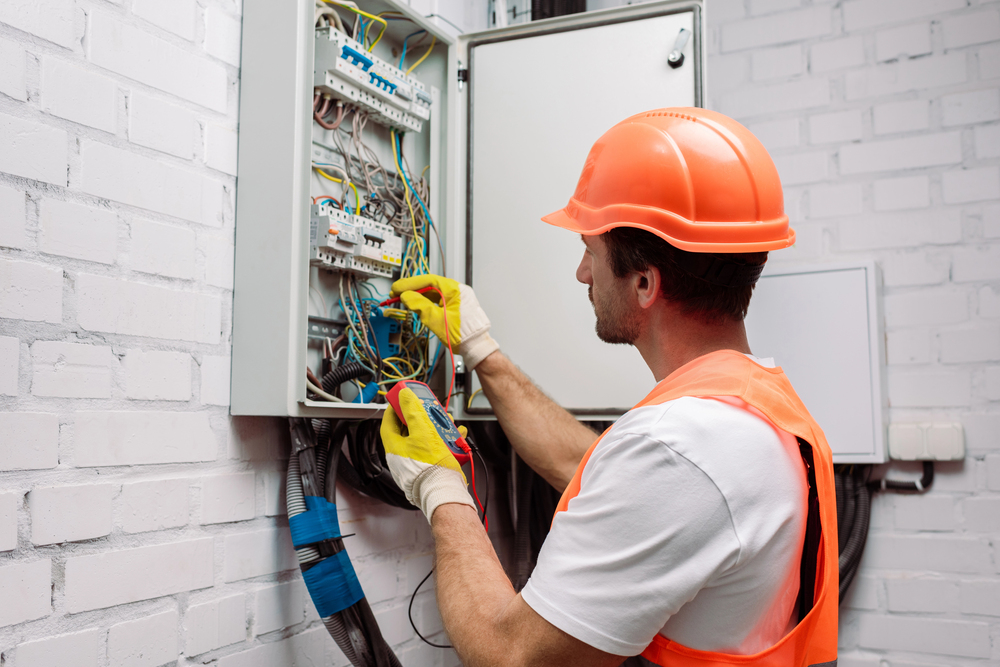
Extension cords are extremely handy if and only if they’re used the way they’re supposed to be used. They’re meant for short-term, low-to-moderate power usage, not to power heavy-duty or heat-producing appliances. By leaving these seven items directly plugged into wall outlets, homeowners and renters can significantly lower the threat of electrical fires, equipment malfunction, and expensive repairs. Where electrical safety is concerned, the path of least resistance is usually the best path.


